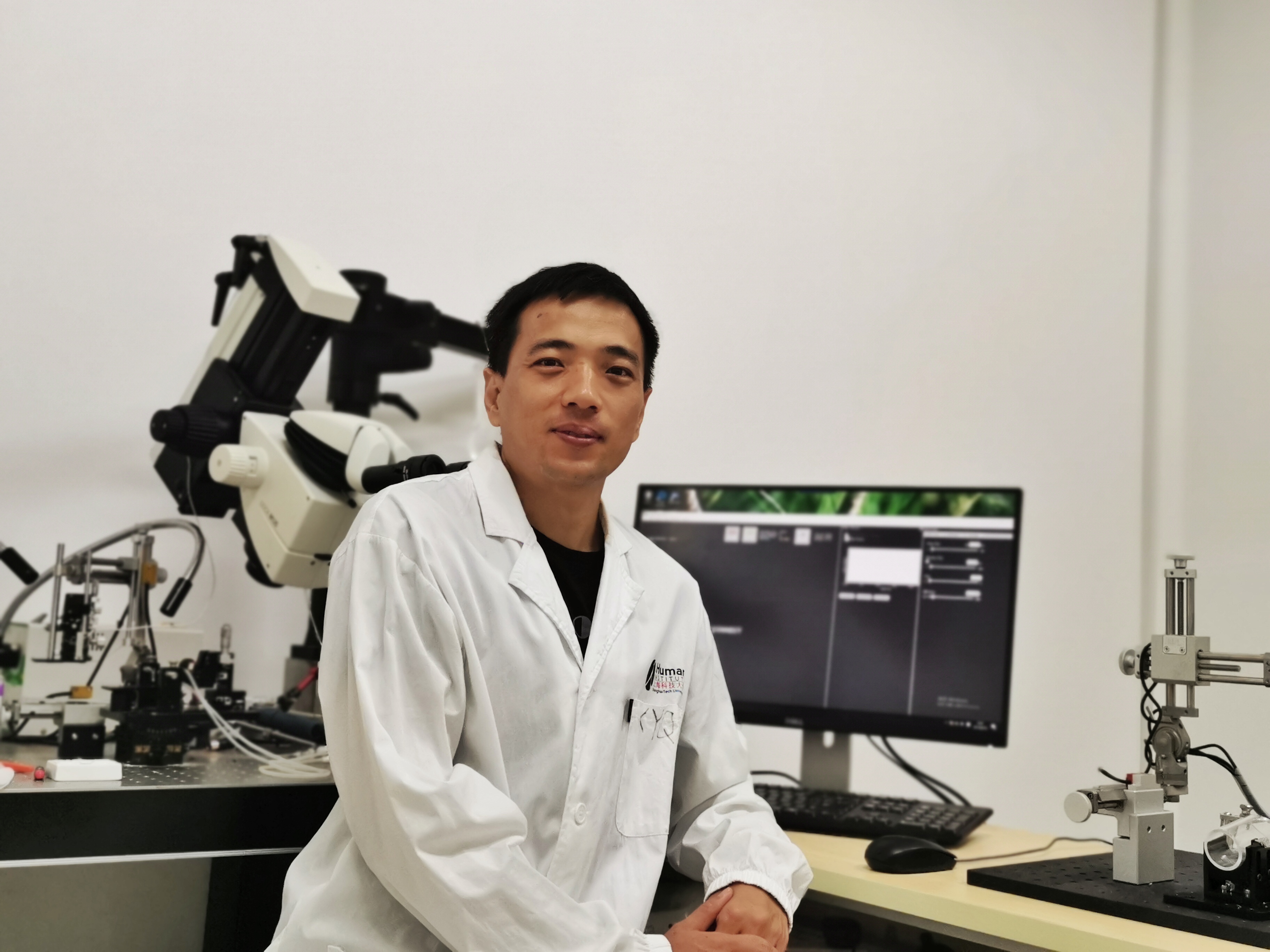iHuman Research Assistant Professor Dr. Chen Ming was awarded the 2019 Yangtze River Delta Neuroscience Young Scientist Award on August 15, 2019. The list of the winners was released online (http://www.cns.org.cn/news/713.html). This award was jointly established by Shanghai Society of Neuroscience, Anhui Society for Neuroscience, Zhejiang Society for Neuroscience and Jiangsu Society for Neuroscience.
This award is given annually to six young scientists in the field of neuroscience for their outstanding contributions, aiming at encouraging the enthusiasm and creativity of young neuroscientists in the Yangtze River Delta region. The winners will be invited to give an oral presentation at the upcoming 2019 Yangtze River Delta Forum on Neuroscience and the 11th Congress of members in Xuzhou, Jiangsu Province.
In recent years, Dr. Chen, collaborating with iHuman Institute and SLST Assistant Professor Hu Ji, has obtained a series of research results in elucidating the neural circuitry mechanisms in reward and aversion by using optical methods including grin lens and fiber photometry. A new mechanism of itch processing was discovered by Dr. Chen in collaboration with a team led by Dr. Hu and Shanghai Jiao Tong University School of Medicine's Dr. Xu Tianle. The results were published in Neuron on April 2019 where Dr. Chen is co-first author. In addition, Dr. Chen as a major participant deciphered the mechanism of reward inhibiting paraventricular CRH neurons to relieve stress, which was published in Current Biology on March 2019. Parts of Dr. Chen's post-doctoral work – the mechanism of feedback circuit between BLA and mPFC neurons in drug aversion and the mechanism of presynaptic GABAB receptor-mediated inhibition in morphine reward – were published in Science Advances (co-corresponding author, February 2019) and eLife (first author, July 2015). These research findings can provide theoretical support for the treatment of severe neuropsychiatric diseases such as addiction, anxiety and depression.


